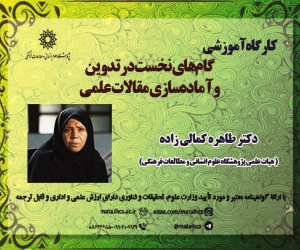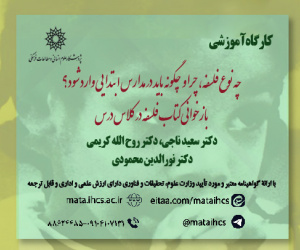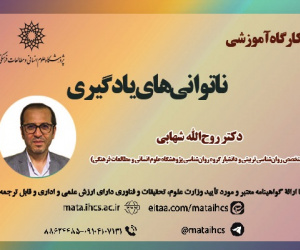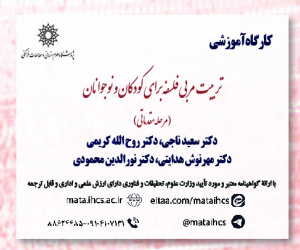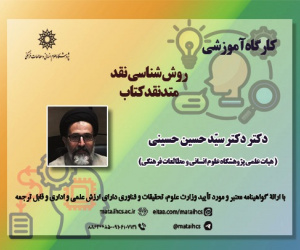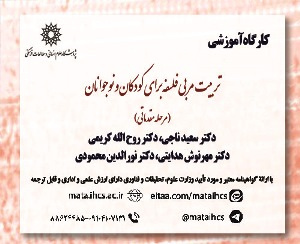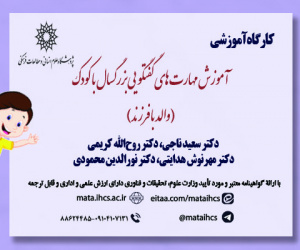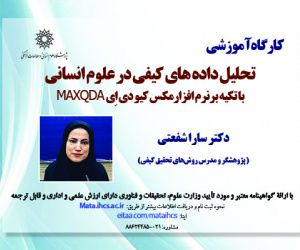تورات علیه تلاویو: نقدی کتاب مقدسی بر کشتار ساکنان غزه (مقاله علمی وزارت علوم)
درجه علمی: نشریه علمی (وزارت علوم)
آرشیو
چکیده
دین پژوهی رشته ای دانشگاهی است و باید به بایسته های آن پایبند باشد، اما این تعهد را نباید مانع دین پژوه برای واکاوی دیدگاه های کتاب مقدس درباره مسائل عینی گذشته و امروز دانست. تفسیر پیش رو از قصه های کتاب مقدس مبتنی بر دو مدعاست: نخست، میان جهان امروز و جهان نویسندگان کتاب مقدس گسستی (معرفت شناسی یا هستی شناختی) واقع است، و دوم با روشی مناسب (اسطوره گشایی) می توان به آن جهان متفاوت ورود کرد. مطابق این خوانش، دیدگاه نویسندگان کتاب مقدس درباره خشونت و خون ریزی بر انسان شناسی آن ها استوار است که در قصه آدم به نحوی مجمل و استعاری بازگو شده است. مطابق آن، انسان (فارغ از جنسیت، موقعیت، قومیت، ملیت و نژاد) به «سیمای خدا» و «شبیه خدا» است، و خدا متوجه نیازهای مادی و عاطفی اوست، و کشتن او را منع کرده است، و بی تردید خاطیان عقاب خواهند شد. قصه هابیل و قابیل داستان «جنایات و مکافات» است و بیانگر آن که خدا خون خواه بی گناهان است و بی تردید مجرمان را مکافات خواهد کرد. قصه سیلاب نوح نفرت خدا از خشونت و خون ریزی (حَمَس) را بازگو می کند و تهدید این اعمال برای جان، جامعه و جهان را یادآور می شود. نتیجه اینکه خشونت و خون ریزی جنون آمیز صهیونیست ها علیه ساکنان غزه برخلاف تعالیم کتاب مقدس است و رویکرد نویسندگان کتاب مقدس نه دفاع و توجیه چنین رفتاری علیه انسان ها که محکومیت آن است.Torah against Tel Aviv: A Biblical Critique of the Massacre of Gaza's residents
Religious studies is an academic discipline and must adhere to academic requirements, but this obligation is not an obstacle for analyzing the views of the Bible about the sociopolitical issues of the past and today. The following interpretation of the stories of the Bible is based on two claims: first, there is a fundamental gap (epistemological or ontological) between the world of today and the world of the Bible, and secondly, it is not possible to bridge that gap except with a suitable method (demythologizing). According to this reading, the view of the Bible about violence and bloodshed is based on its anthropology, which is narrated in a brief and metaphorical way in the story of Adam. According to it, man (regardless of his/her gender, status, ethnicity, nationality and race) is in the "image of God" and "after his likeness", and God concerns of his material and emotional needs, and has forbidden killing him, and undoubtedly punish the killers. The story of Abel and Cain is the story of "crime and punishments" and it shows that God revenges the blood of the innocent and will undoubtedly punish the guilty. The story of Noah's flood recounts God's hatred of violence and bloodshed (ḥamas) and reminds us the threat of these actions posing to life, society and the world. The result is that the violence and bloodshed of the Israelites against the residents of Gaza is against the teachings of the Bible, and no believing Jew should behave in such a way.
